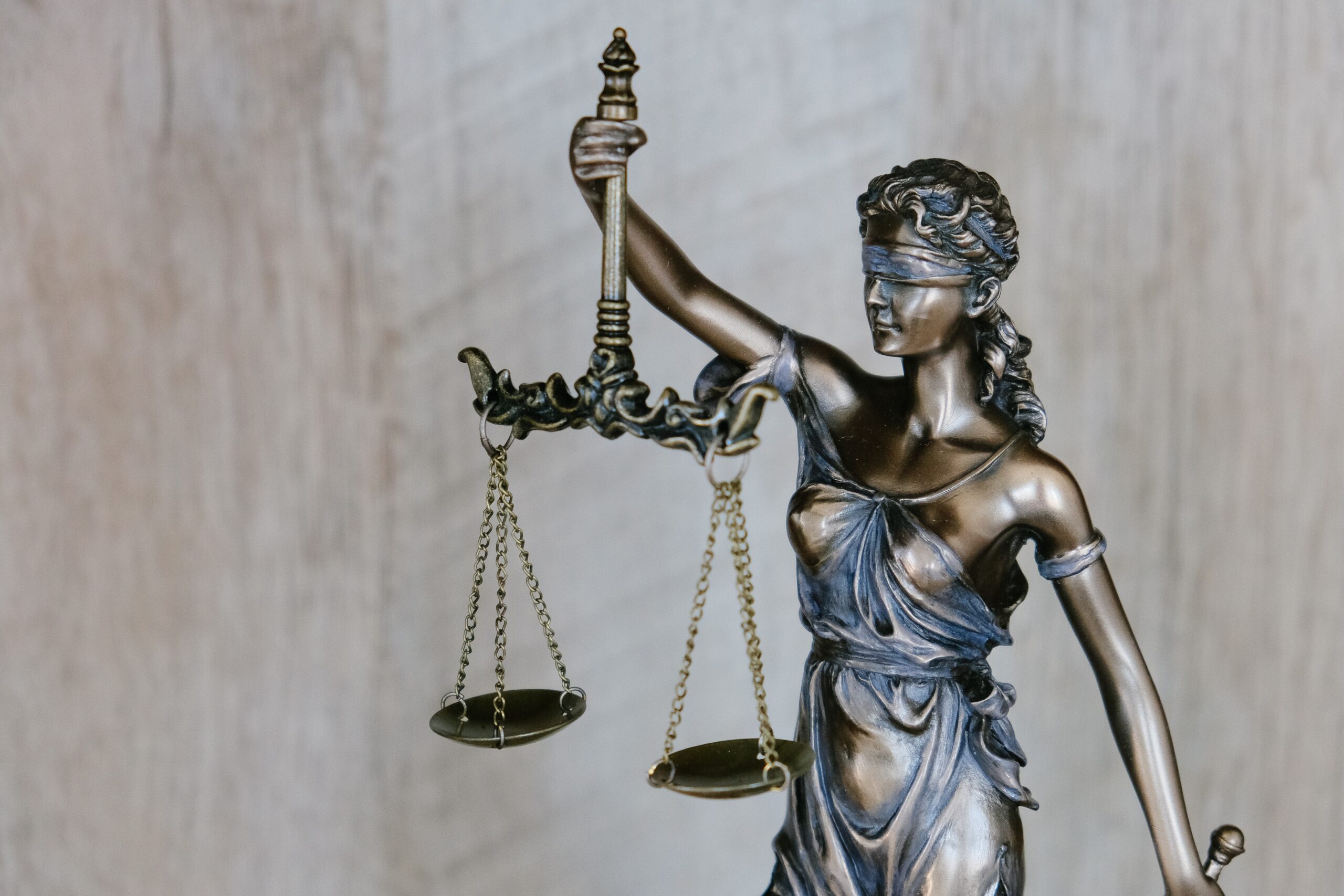
It happened three times. Three different passengers. Three serious disruptions to flight operations at Nigerian airports.
Yet, in the eyes of the law, they might as well have been three different countries.
At the heart of the matter is the enormous discretion given to Nigeria’s Attorneys-General both at federal and state levels under Sections 174 and 211 of the 1999 Constitution. These provisions give them the power to:
* Launch criminal prosecutions against anyone.
* Take over any criminal case.
* End any case at any stage before judgment.
It is power without real checks, and in practice, it can determine who gets dragged before a judge, and who walks away untouched.
INCIDENT ONE: A POLITICAL HEAVYWEIGHT
Senator Adams Oshiomhole allegedly caused major disruption at an airport, delaying flights, an offence clearly punishable under aviation safety regulations. But no arrest was made. No charges were filed. The matter never saw the inside of a courtroom. Airport sources say the file “went cold” before it was even opened.
INCIDENT TWO: THE PRESIDENT’S FRIEND
Wasiu Ayinde Marshal (Kwam1) allegedly poured liquid from his personal flask into a pilot’s face, stopping the aircraft from taking off. Under the Civil Aviation Act, this is more than a disruption, it’s a potential threat to crew safety and passenger lives. But again: no arrest. No police statement. No investigation outcome. The file vanished in silence. Kwam1 is known to be close to the President.
INCIDENT THREE: THE ORDINARY PASSENGER
Comfort Emmanson, a paying customer on an Ibom Air flight, allegedly disrupted operations. During a forceful removal by security operatives, her blouse tore, exposing her breasts in full view of passengers. The incident was filmed, shared online, and within hours, she was arrested, charged, and her case fast-tracked to court.
In all three cases, the alleged actions breached operational safety. The Civil Aviation Act prescribes strict consequences for such breaches. Yet the difference in legal treatment is staggering:
* The political heavyweight walked away untouched.
* The President’s friend escaped even a formal interrogation.
* The ordinary citizen was humiliated, prosecuted, and publicly shamed.
THE HUMAN DIGNITY QUESTION
The arrest of Comfort Emmanson also raises a glaring rights violation. The Police Act 2020 requires officers to use proportionate force and preserve a suspect’s dignity. International human rights protocols say the same.
Once her clothing tore, exposing her, officers had a duty to shield her, not drag her half-naked through the cabin. Instead, the spectacle became viral content, deepening her humiliation. Legal experts say such handling itself could constitute grounds for a rights abuse lawsuit.
THE PATTERN BEHIND THE SILENCE
In Nigeria, high-profile figures often enjoy an invisible legal shield. Political proximity can turn a criminal file into a forgotten folder. Meanwhile, ordinary citizens are processed at lightning speed, sometimes with more zeal than care.
This is not just about three airport incidents. It’s about a justice system where power decides punishment. And when the very institutions tasked with protecting the law are seen to bend it for some and weaponise it against others, public trust collapses.
Justice is supposed to be blind. In Nigeria, it too often keeps one eye open to see who is in the dock.







